Harmful Activities of Bacteria:
(1) Food Spoilage- Some of the saprophytic bacteria cause spoilage of our food and food products and render them unfit for human consumption. Common examples of spoilage are rotting of vegetables, fruits, meat, bread, spoilage of jellies, jams and pickles, and souring of cheese, butter and milk.
(2) Food Poisoning- Some saprophytic bacteria produce toxins in food. When taken, such food causes food poisoning. Clostridium botulinum infects canned food. When such canned food is taken it causes botulism. Common food poisoning is caused by Staphylococcus aureus. The symptoms are diarrhoea and vomiting. Salmonellosis is caused by eating contaminated food. The causative agent is Salmonella.
(3) Spoilage of Domestic Articles- Spirochaete cytophaga and Cellulomonas deteriorates cotton fibres, leather goods, wooden and canvas articles.
(4) Wines- Acetobacter aceti spoils alcoholic beverages by converting ethyl alcohol into acetone.
(5) Sugar- Leuconostoc mesenteroides reduces sugar recovery in sugar mills.
(6) Destruction of Penicillin- Bacillus brevis destroys penicillin.
(7) Water Pollution- Some bacteria can multiply in water and bring about pollution. Example- Vibrio cholera, Shigella dysenteriae, Salmonella typhi. Some bacteria solubilize metals.
(8) Denitrification of Soil- Denitrifying bacteria such as Thiobacillus denitrificans, Micrococcus denitrificans, Pseudomonas aeroginosa reduce the nitrates, nitrites and ammonium salts into free nitrogen and thus, reduce soil fertility.
(9) Diseases- Bacteria cause a number of diseases in man, animals and plants.
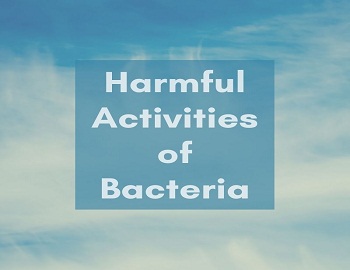
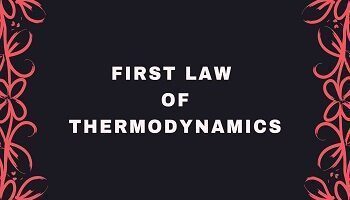

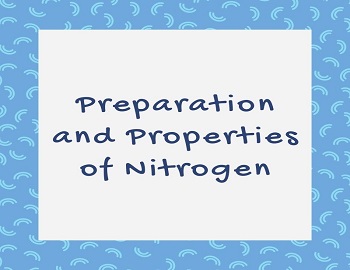
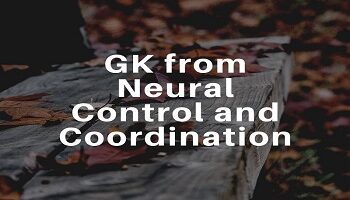
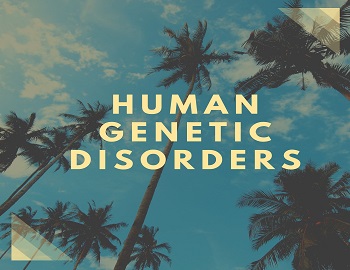



Comments (No)